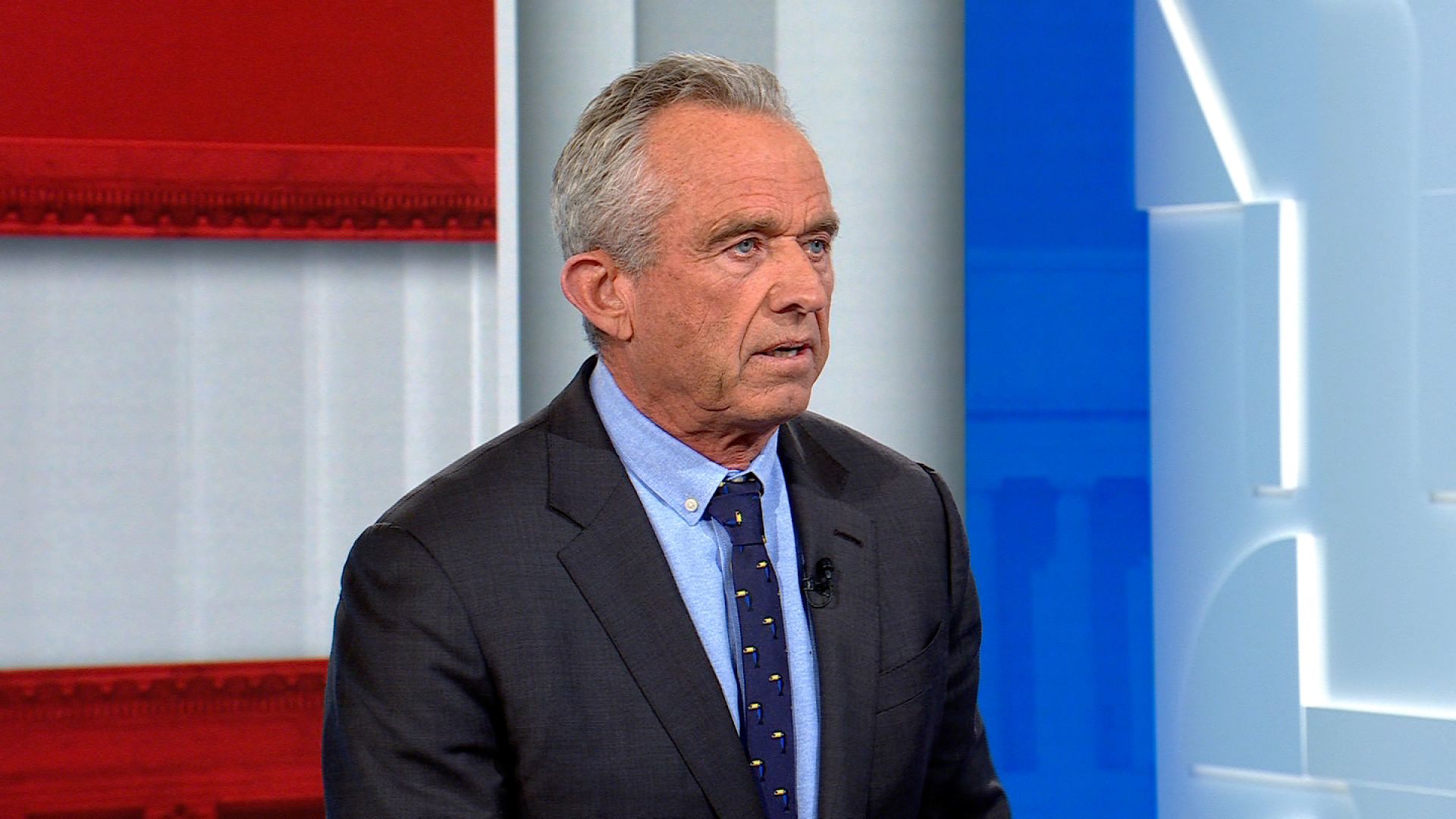Addressing Accusations of Antisemitism
Robert F. Kennedy Jr., an independent presidential candidate, defended himself against allegations of antisemitism on Friday. In a conversation with CNN’s Kasie Hunt, Kennedy, a vocal critic of Covid-19 vaccines and public health measures aimed at curbing the virus’s spread, denied that his previous comments about Covid-19, which referenced Jewish history and ancestry, were antisemitic.
In a discussion about his July remarks, where he suggested that Covid-19 was “ethnically targeted” to spare Ashkenazi Jews and Chinese people, Kennedy admitted that his comments could have upset some individuals. However, he insisted that his remarks were not antisemitic. He expressed regret for his comments, but maintained that they were factual. He also expressed concern about antisemites potentially misusing such information.
Defending Controversial Covid-19 Remarks
Kennedy also addressed his controversial 2022 comments comparing Covid-19 lockdowns to Nazi Germany, arguing that “even in Hitler’s Germany, you could cross the Alps into Switzerland.” His wife, actress Cheryl Hines, had publicly denounced his comments as “reprehensible and insensitive.” Kennedy disagreed with his wife’s criticism, attributing it to media misinterpretation. He told Hunt that his comments were necessary at the time and that he understood why people were upset with the mischaracterization of his remarks.
Rejecting the “Anti-Vaccine” Label
Despite his history of spreading misinformation about vaccine efficacy, Kennedy rejected the label of being “anti-vaccine.” He clarified that his previous statement, “there is no vaccine that is, you know, safe and effective,” was intended to advocate for more vaccine research. He admitted that his choice of words was poor and drew a parallel with his fight against mercury in fish, stating that his advocacy does not make him “anti-fish.”
Spreading Vaccine Misinformation
Kennedy, through his organization Children’s Health Defense, has been a prominent purveyor of vaccine misinformation. He has spent years erroneously suggesting that many vaccines are unsafe. He falsely claimed that hepatitis B vaccines are causing more harm than good and expressed his opposition to mandatory vaccination for schoolchildren.
Presidential Ambitions
Kennedy, the son of former US Attorney General Robert F. Kennedy and nephew of former President John F. Kennedy, announced his White House bid in April. Initially, he intended to challenge President Joe Biden in the Democratic primary but later decided to run as an independent to combat the two-party system. He confirmed on Friday that he believes Biden won the 2020 presidential election fairly. However, he hinted at potential issues with the election system, although he admitted not having thoroughly investigated claims of election fraud.
Addressing Election Fraud Claims
Kennedy argued that those questioning the election system should not be ridiculed or penalized. He differentiated between former President Donald Trump’s claims of election victory and the concerns of ordinary citizens. He criticized Trump’s attempts to overturn the 2020 election results but emphasized that ordinary citizens’ questions about the election’s legitimacy should be addressed and evidence should be allowed to be presented. He called for a civil debate on the matter, acknowledging potential issues with the election system.

